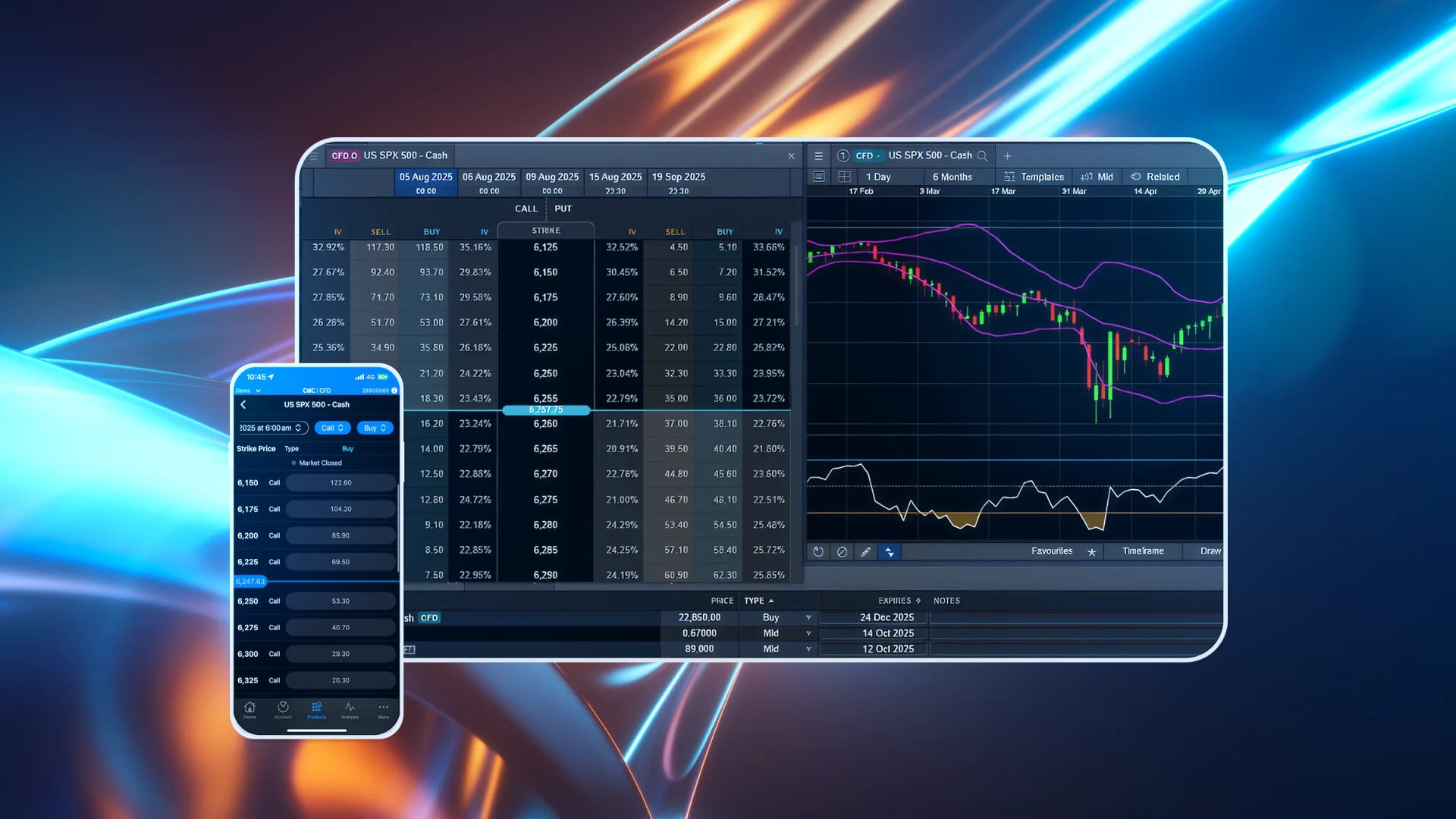US stocks fall as virus shreds US payrolls
Wall Street’s main indexes have fall enmore than 1.5 per cent as the coronavirus abruptly ended a record US job growth streak of 113 months, intensifying fears of a deep economic slowdown.
Even the loss of 701,000 jobs that Labor Department data showed for March did not completely capture the economic damage from the virus. The survey considered data only until mid-March, before widespread US lockdowns put more people out of work.
The worldwide spread of the virus has forced billions of people to stay indoors and pushed entire sectors to the brink of collapse, triggering mass layoffs and dramatic steps by companies to raise cash. “Even as investors may be bracing for some grim economic reports over the next several weeks, we got a very sober reminder of what is to come by way of today’s jobs report,” said Mark Luschini, chief investment strategist at Janney Montgomery Scott in Philadelphia.
Investors were also anxious heading into the weekend due to the possibility for “particularly ugly” weekend news on coronavirus case counts or new hot spots around the country, Luschini said.
The S&P 500 closed down almost 27 per cent from its mid-February record high close, or about $7 trillion in market value, and economists have cut their forecasts for US GDP, with Morgan Stanley now predicting a 38 per cent contraction in the second quarter.
“This is not like December 2018. We’re not likely to see a V shaped recovery because we haven’t even begun to really tackle the main issue behind why this is happening. That’s still an ongoing process. It’s going to take time,” said Mike Turvey, TD Ameritrade’s institutional senior trading strategist
The Dow Jones Industrial Average fell 360.91 points, or 1.69 per cent, to 21,052.53, the S&P 500 lost 38.25 points, or 1.51 per cent, to 2,488.65 and the Nasdaq Composite dropped 114.23 points, or 1.53 per cent, to 7,373.08.
Of the S&P 500’s 11 major sectors utilities was the biggest laggard, down 3.6 per cent, followed by materials and financials, with declines of more than two per cent.
Only consumer staples rose and ended the day up 0.5 per cent as the sector is seen as a defensive play, with consumers still needing to eat and buy household goods in a recession.
The energy sector was one of the best performers. US President Trump met with US oil company executives at the White House and said Saudi Crown Prince Mohammed bin Salman and Russian President Vladimir Putin both want something to happen to stabilise the global oil market, where prices have fallen by about two-thirds this year.
Walt Disney Co shares fell three per cent after it said it would furlough some US employees this month, while sources said luxury retailer Neiman Marcus was stepping up preparations to seek bankruptcy protection.
Raytheon Technologies Corp, formed by the merger of United Technologies and Raytheon Co, shed 7.75 per cent as it pulled its 2020 outlook for its aerospace units.
Tesla Inc rose 5.6 per cent after the electric-car maker said production and deliveries of its Model Y sport utility vehicle were ahead of schedule.
On US exchanges 11.57 billion shares changed hands compared with the 15.75 billion average for the last 20 sessions.
Declining issues outnumbered advancing ones on the NYSE by a 3.53-to-1 ratio; on Nasdaq, a 2.73-to-1 ratio favoured decliners.
The S&P 500 posted no new 52-week highs and 11 new lows; the Nasdaq Composite recorded 5 new highs and 179 new lows.
The Cboe Volatility Index, widely known as “Wall Street’s fear gauge,” ended at 46.80, its lowest closing level since March 6.








